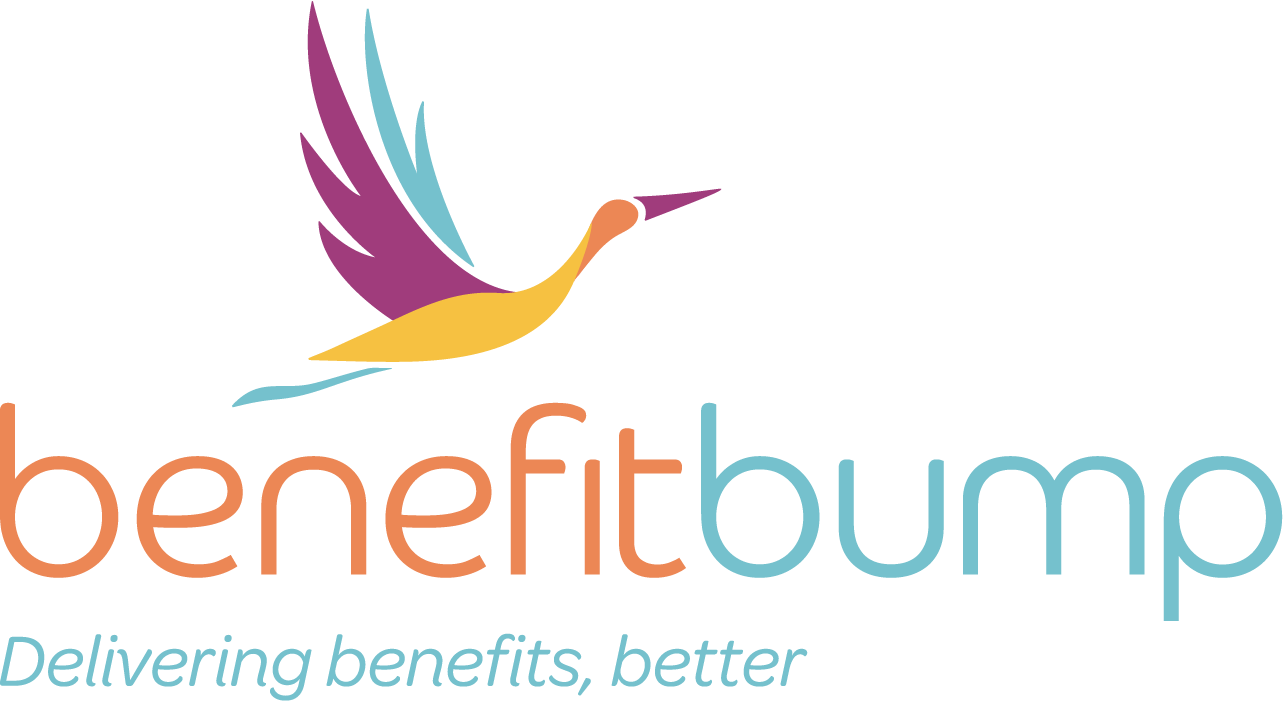Supporting Older Siblings After Perinatal Loss
Perinatal loss is a devastating experience that impacts the entire family, including siblings-to-be. There is no right or wrong way to support children after a perinatal loss, but these tips might offer some direction to grieving families.
Grief Looks Different At Different Ages
Children’s understanding of death, loss, and grief progresses rapidly based on their age and developmental stage. Young children may not understand permanence. They may ask questions about when the baby will come, even after they have been told about the loss. Regardless of their level of understanding, young children will be able to sense adults’ grief and may mimic adults’ emotions and behavior. Most likely, older children will understand the permanence of death. They may show more traditional grief responses. Developmentally, it is natural for a child to wonder if the loss is their fault. It is important to reassure children that no one caused the loss. Additionally, maintaining predictable routines for older children will help them feel safe and progress through their grief more smoothly.
Talk to Children About the Loss
Child mental health experts agree that it is important to be age appropriate, but direct when addressing loss with children. A 2012 study suggested that using the word “death” (instead of other colloquial terms) helped children better understand and accept the permanence of the death. If the loss occurred earlier – perhaps before older siblings knew about the pregnancy – BabyCenter suggests that parents do not necessarily need to share details of the loss. However, they suggest that parents should still acknowledge that something happened and that they are feeling sad.
Allow Space to Share Feelings
To help children work through grief, is it is important to give them opportunities to express their feelings. Some children might wish to act out their sadness, anger, and other emotions. Offering these children a safe way to release those emotions (for example, punching a pillow) can be very helpful. Other children may want more nurturing from an adult caregiver. Each family will have different values and rituals for sharing emotions and processing grief.
If stillbirth (or another type of loss that requires a hospitalization), parents may choose to utilize the hospitals child-life specialists to assist them with information and comforting older siblings.
In helping children grieve, it is important to remember that Employee Assistance Program (EAP) resources can be used for an employee’s family members as well. Parents can reach out to their EAP for grief counseling resources if they are concerned about their child(ren)’s grief responses.
Other Resources
An extensive list of children’s books about grief and loss – including some titles specifically about perinatal loss (Children’s Hospital of Philadelphia)
A hotline and resource page specifically around supporting families after perinatal loss (Star Legacy Foundation)
